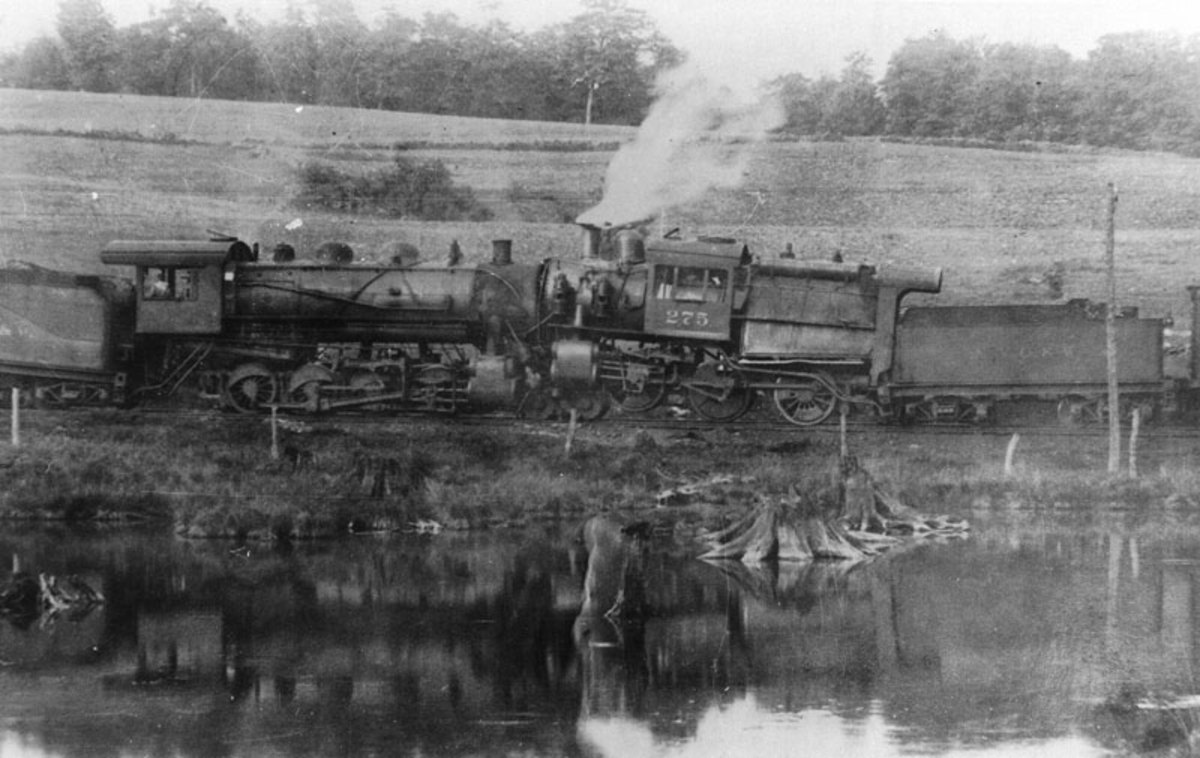Ways to Combat Writer's Block

© 2013 B.L. Bierley
As writers, it’s our job to write. You never hear of people working in the service industry for long if they say, “I just can dry clean your clothes today” or “I am unmoved to provide you with cellular service information today.” It would spell fatality for anyone’s career if they told their boss that they were just unable to do their job because some unseen force was preventing them.
But writing is different. A writer must always be able to put words to a page, words with interesting and insightful content that readers will use to be entertained, informed or instructed. There is no room in this profession for people who cannot provide the commodity they are known for, in our case words that entertain, inform or instruct. So what is a person to do when the words will not come?
I write for entertainment purposes. And because of my perspective some of my advice or tips may not be fitted to journalism or informative, non-fiction blockage. But you never know what will work on writers’ block sometimes until you try it! So it still may be worth a look.
Get the Lead Out
I’ve been a writer for most of my life. Since the earliest days of my vocabulary, I could always tell a story. Sometimes I would jot them down, but in my pre-handwriting youth I just told the stories to myself over and over until I memorized them. In my adult years, I have suffered writers’ block on a few occasions. It’s frustrating to have no story to tell, especially when one has a readership that is waiting for the next installment of a series or a chronicle of information.
One way I learned to combat the dry periods of my writing was to switch mediums. I’d start by going back to my roots—telling the story to myself, or talking through the dialog in the privacy of my car as I took a solitary drive. This often made my creativity flow once again.
Another way I’d try to resolve my lack of inspiration was switching actual writing mechanics. If I was writing in pen, I’d switch to pencil or even marker or crayon. If I was typing in a computer file, I would switch fonts or even use old-school notebook paper—anything to break the pattern.
The change often inspired me to draw upon untapped sources within my mind and the words would soon issue forth again. It’s the best way to combat the sluggish periods when the stories just won’t evolve like they usually do.
Switch the Genre
If I am tasked to write a novel, and the words escape me, I often switch to writing something out of the ordinary. Poetry isn’t really my forte, but if I cannot write novel storylines it is useful to try challenging myself in order to break the rut.
Sometimes I will try writing a different type of story, something that I normally wouldn’t write. I usually try to write short scenes best fitted for crime stories, or something otherwise horrific and scary and completely not my usual. It serves to change my mindset and alter my perspective until I feel the continuation of what I really want to write.
Blank Pages
Sometimes if you cannot put the words down in continuation in a working file, it is useful to switch the story. You record your thoughts or ideas in a new location physically or choose a new repository for the words themselves. If I’m stuck on a plot line or characterization, I often use a blank document file to reinvent my tale. That way I can see what works and weed out anything that doesn’t mesh with the previous portion.
By opening a new, blank document file I have a pure venue for release where the words can come out. I won’t have to worry about the original story being corrupted by the strange writing or the unusual character behavior. I will be able to expound in a safe, entirely new environment. And if it proves to be interesting enough, I can incorporate what works back into the original.
If what I write in the blank document does not mesh with the previous character, then I can save it to use at some future point for a new story, or I can just delete it and move on with my work. Either way I have gotten away from the monotony or the lack of words to begin my job once again.
While doing this, sometimes I just type out random “stream-of-consciousness” statements. Or I do what I learned in writers’ groups—assign myself an unusual story to tell. The challenge of writing something from scratch (examples include a reimagining of a fairy tale or writing a synopsis of a favorite movie without having watched it recently or creating an altered ending to a beloved book) can really be energizing and entertaining!
Sometimes it can be as simple as beginning something new that will bring back the urge to delve into the formerly blocked plot line. If I am completely stuck and cannot move my story forward, I often begin a storyline for a static character, just to stir the story soup a little. This will often remind me of what I intended to write for the protagonist/antagonist or hero/heroine. And sometimes it inspires me off in a new direction for future work, too!

Back to the Old Drawing Board
When I’m clearly stumped in a storyline, I go back to the root of the tale- my outline or storyboard. If I have none, I take the existing story and divide it into segments. That way I can better see the gaps or find the thread of my intended vision. Sometimes I go out and find something that inspires me - a photo or a scene to give me ideas for fleshing out sparse days. It can even be as simple as creating a drawing (even though I’m no Monet or Picasso) that I believe would represent the story or character.
If all else fails, I go out back and research an idea (whether for the blocked storyline or another unrelated story) that I’ve put on the back burner. Some ideas come up when you’re too busy to explore the possibility of a new story. I use these dry spells to come up with information or useful details through online or library searches or interviewing actual people (once I even interviewed a person that I wanted to model a character after for a story). By doing this you are spending the time in something that will be useful, even if not at present.
Or if nothing else works, I will open an older, abandoned storyline, read it, and make notes of things that didn’t work when I wrote the portions or story. By fixing things that I consider broken or improper in that older work, I can often spur myself to return to the more useful work.
Write a Letter to a Friend
When a story is absolutely lost to me, I find that sometimes writing to a friend will help make my difficulties less so. I have a pen pal that I enjoy sharing correspondence with in lean and fat periods, and I even have a celebrity to whom I write fan mail in order to work through my deserted thought process. Sometimes a handwritten page of script about your work is just what the doctor of writing ordered to get one’s mind back on track.
When All Else Fails …
Sometimes there is no way to make the stories unfold from your mind. You must find something else to do to take your mind off of the lack of writing. Busy yourself with exercise, do some gardening, walk your dog, or cook something new from a recipe you’ve never used before. The point of this is to change the routine and break the monotony that has silenced your genius.
You can also read something entertaining, informative or instructive written by someone else to prick your pride and fire up your will to write again. Or perhaps it will be something as simple as getting away from the cool feeling of dread at your absentee writing which will allow your brain to reset. If these ideas don’t give your writing the boost it needs perhaps it just means that you aren’t meant to write at present. The point is not to let your writers’ block control your life. You can and will write again, just give yourself time to find something meaningful and worthwhile to focus on.
Best of luck and most importantly: Keep Writing!
B.L. Bierley








